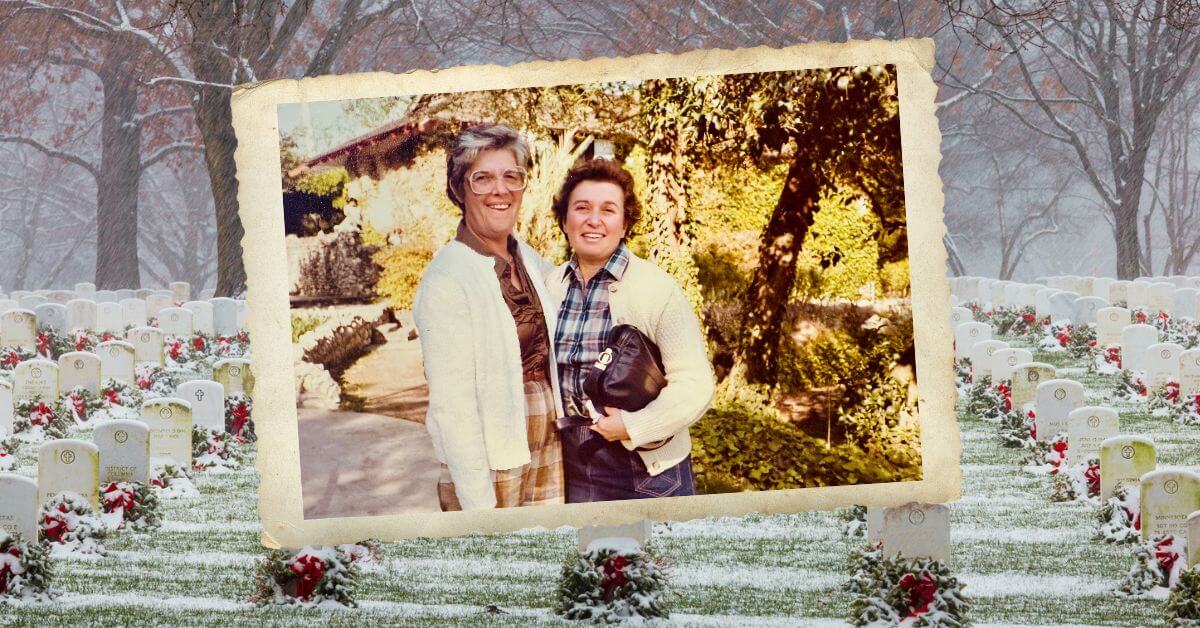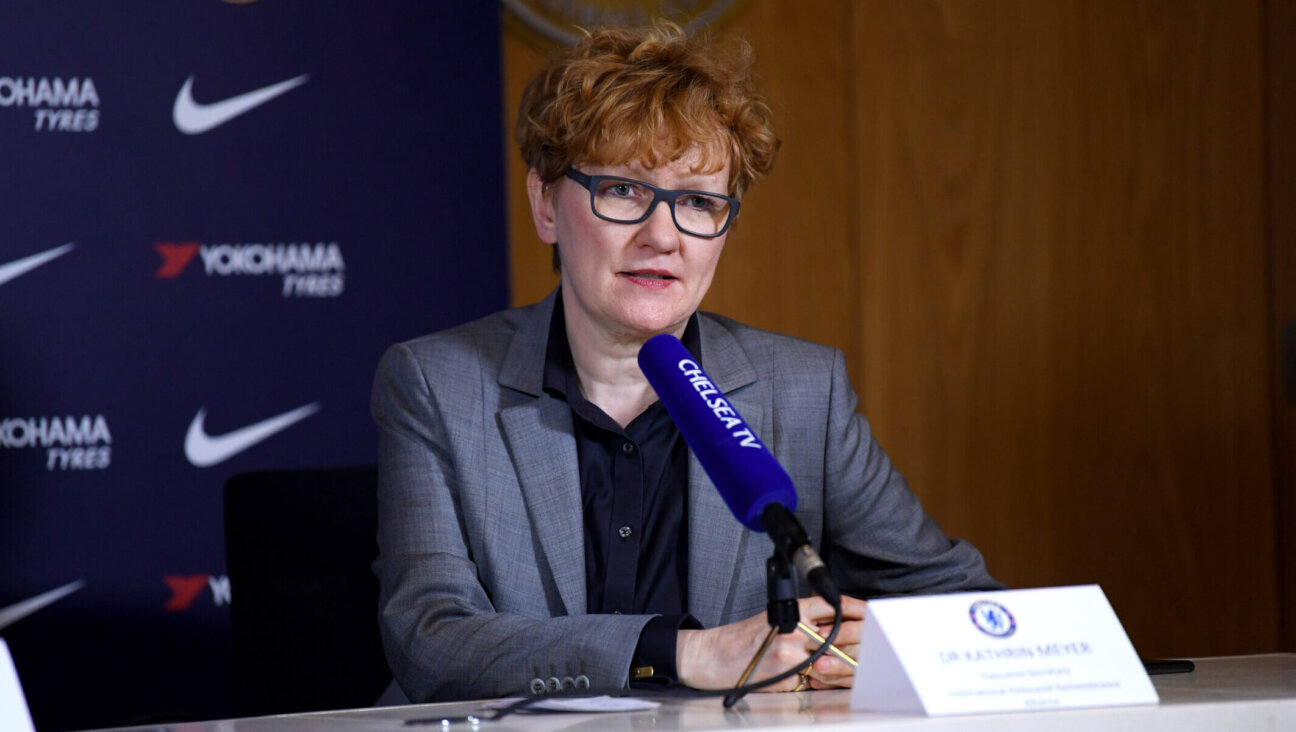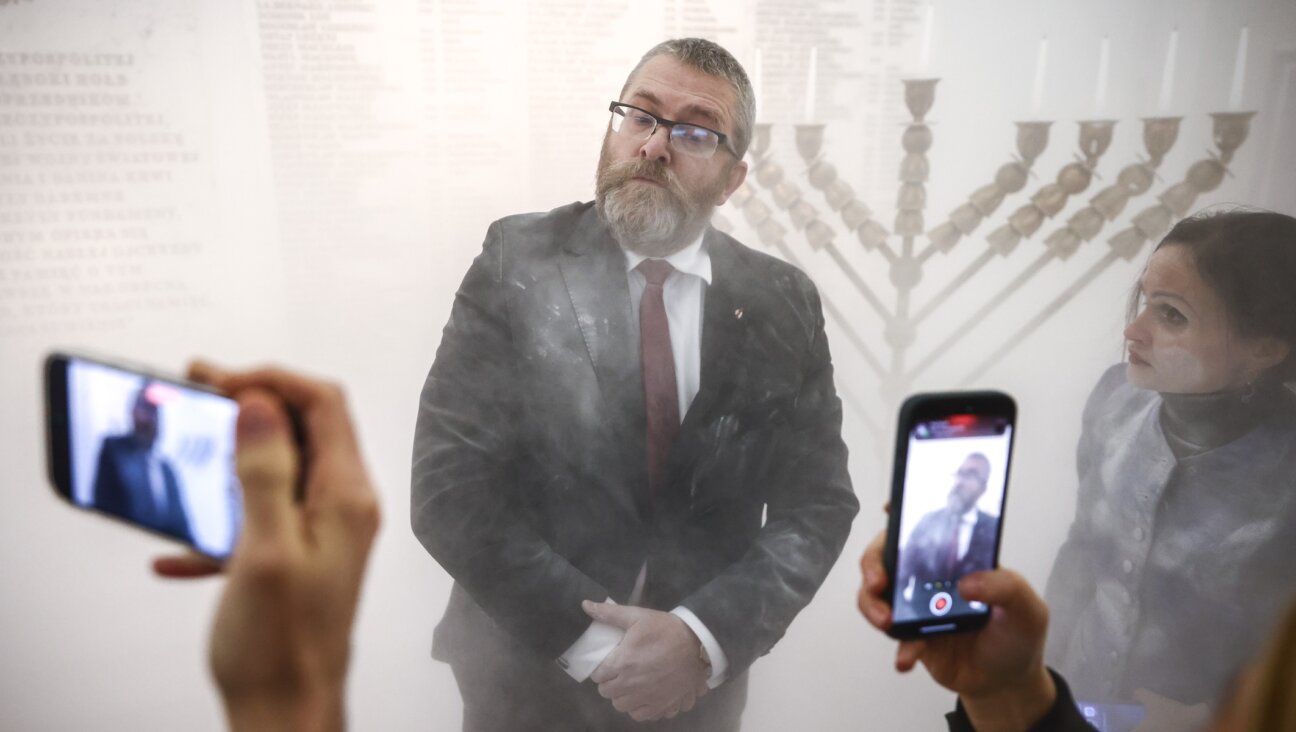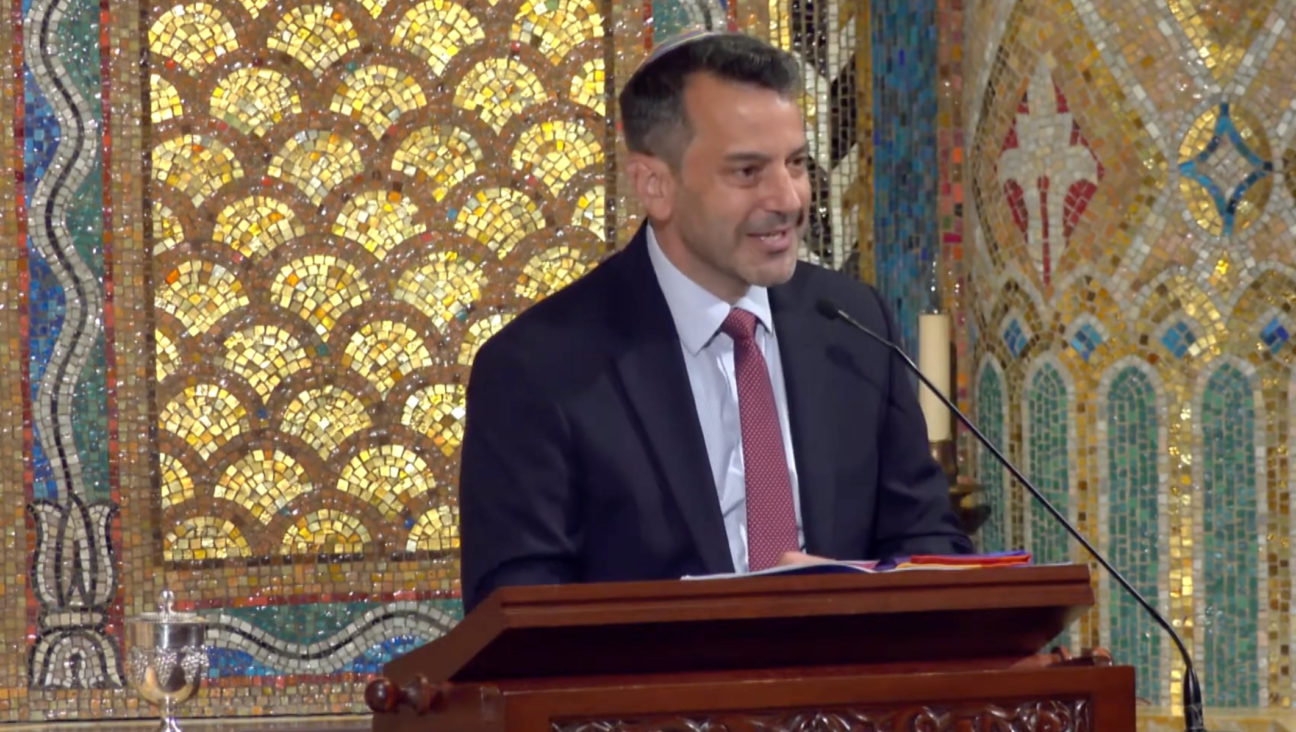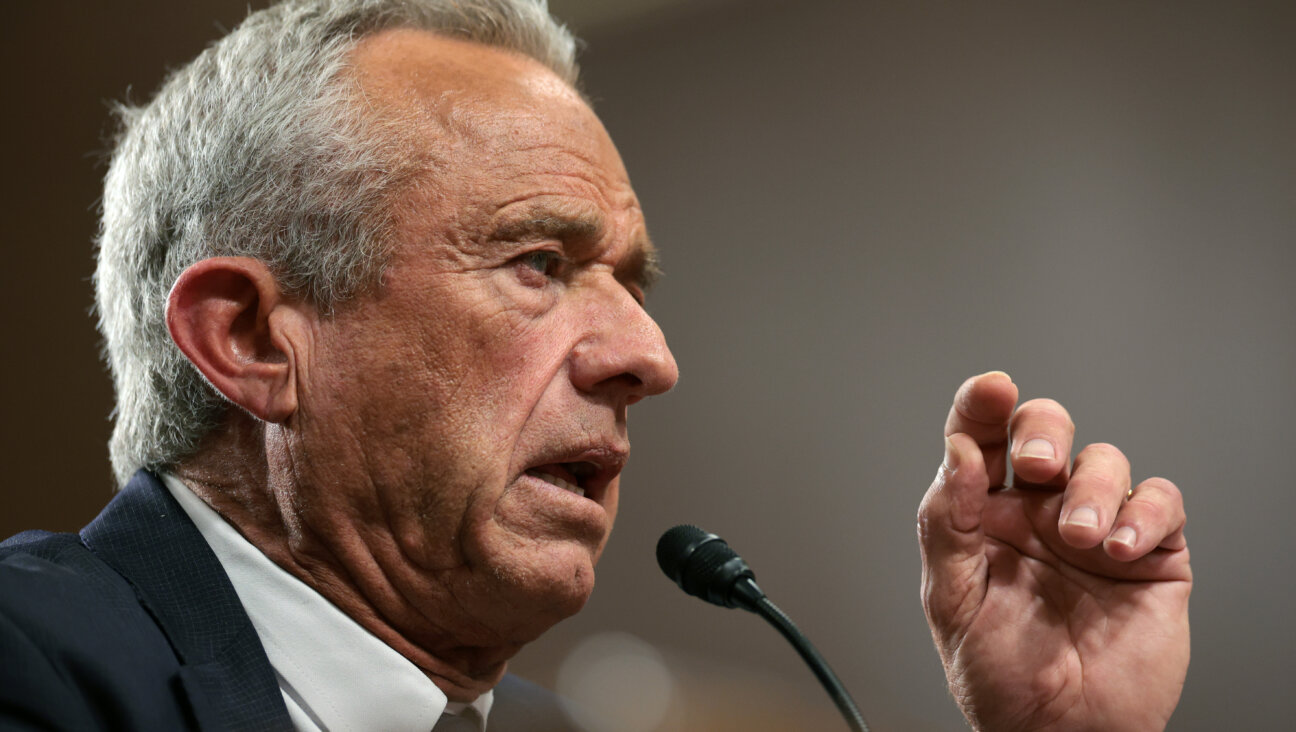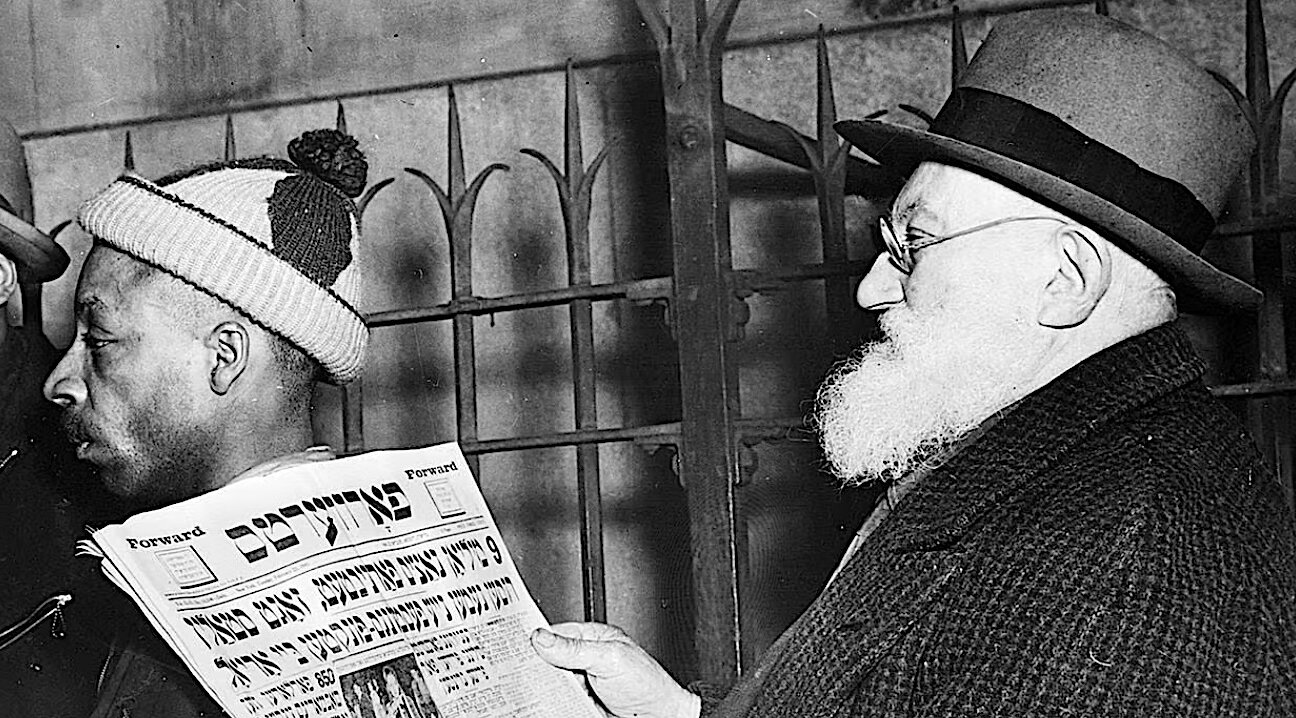Controversy Over Israel Debate Rocks Ivy League School
A struggle between pro-Israel and anti-Israel forces at Columbia University escalated this week as an ad hoc campus group held an emergency meeting to plot a strategy to defend several Middle East studies professors accused of intimidating Jewish students.
The gathering attracted about 60 students, professors and community members Monday night at Columbia’s Intercultural Resource Center. Just hours earlier, a group of about eight pro-Israel students met privately with Columbia University President Lee Bollinger and Provost Alan Brinkley to discuss their allegations against the Middle East scholars and how to balance student rights and the academic freedom of professors.
The two meetings came just a day after the New York Daily News published a blistering front-page “special report” in its Sunday edition declaring that a “climate of hate rocks Columbia University.” The two-page newspaper spread highlighted the anti-Israel and anti-American remarks of at least five university professors under the banner headline, “Vile Words of Hate That Shame Top University.”
The controversy seems to reflect the ever-widening debate over Israel on college campuses, where questions regarding Israel’s legitimacy have become commonplace. To some extent, the campaign against the professors appears to represent an effort to shift the center of debate to ground more favorable to Israel. But Jewish students, insisting that they have been subject to outright intimidation, reject claims that they are engaged in a “witch-hunt” aimed at shutting down any criticism of Israel.
On the other side, participants at the emergency meeting in support of the professors blasted the Daily News article. Supporters discussed launching a campaign to defend the academics, which would include circulating petitions, leafleting the campus, holding press conferences and conducting other media events.
“I think [the article] was defamatory to the university,” said Bruce Robbins, an English professor at Columbia. Robbins, who attended the standing room only meeting, told the Forward that the impetus for the gathering was that “people want to defend their professors.”
Allegations from students who say they have been subject to intimidation and harassment by the professors are presented in a documentary called “Columbia Unbecoming,” which has been screened for the media and some Columbia officials over the last few weeks. The pro-Israel students allege that they have been intimidated and humiliated in classes and at lectures by virulently anti-Israel professors in the Middle Eastern and Asian languages and cultures department.
The video prompted Bollinger to launch an investigation, triggered a controversy on campus and shined a negative media light on the Ivy League school.
Critics of the 25-minute documentary — which was co-produced by university pro-Israel group Lion PAC, and Boston-based pro-Israel group The David Project — said the publicity surrounding the video has in fact led to intimidation of the Middle East professors, threatening academic freedom at Columbia and other universities across the nation.
An e-mail inviting people to the emergency meeting stated it is a myth that “students with pro-Israel sympathies are marginalized and intimidated at Columbia University.” According to the e-mail, the “fact” is that “the Zionist perspective dominates campus life.”
Several participants at the meeting in support of the professors accused Bollinger of capitulating to an orchestrated pro-Israel campaign that they say is designed to silence any criticism of Israel.
Much of the meeting was focused on how to support Joseph Massad, a professor of modern Arab politics and a native of Jordan. Massad has been criticized sharply by some Jewish students who say that he intimidates them by calling Israel a racist state with no right to exist and then shouting them down when they attempt to rebut his argument.
In the documentary, student and former Israeli soldier Tomy Schoenfeld claims Massad asked him, “How many Palestinians have you killed?”
Massad, in a lengthy letter posted on the EIectronic Intifadah Web site, refutes the student allegations against him and calls the documentary “the latest salvo in a campaign of intimidation of Jewish and non-Jewish professors who criticize Israel.
“This witch-hunt aims to stifle pluralism, academic freedom and the freedom of expression on university campuses in order to ensure that only one opinion is permitted — that of the uncritical support for the state of Israel.”
“I am dedicated to all my students, many of whom are Jewish,” Massad wrote. But, after a four-year campaign against him, this year he “chose under the duress of coercion and intimidation not to teach” his controversial course on Palestinian and Israeli politics and societies.
Ariel Beery, a leader of the pro-Israel students, disputed Massad’s letter, saying there are more students who had problems with the scholar’s treatment of them, but “they have been afraid to come forward publicly.”
He said Massad and other professors are guilty of bullying Jewish students into silence. “If this were happening to any other identity group, this behavior would be decried by our detractors.
“We think scholars can say whatever they want outside the classroom, but they have a special responsibility when it comes to students. Professors should be able to provide a safe environment where students don’t feel attacked when they disagree with their opinions.”
A message from our Publisher & CEO Rachel Fishman Feddersen

I hope you appreciated this article. Before you go, I’d like to ask you to please support the Forward’s award-winning, nonprofit journalism so that we can be prepared for whatever news 2025 brings.
At a time when other newsrooms are closing or cutting back, the Forward has removed its paywall and invested additional resources to report on the ground from Israel and around the U.S. on the impact of the war, rising antisemitism and polarized discourse.
Readers like you make it all possible. Support our work by becoming a Forward Member and connect with our journalism and your community.
— Rachel Fishman Feddersen, Publisher and CEO









